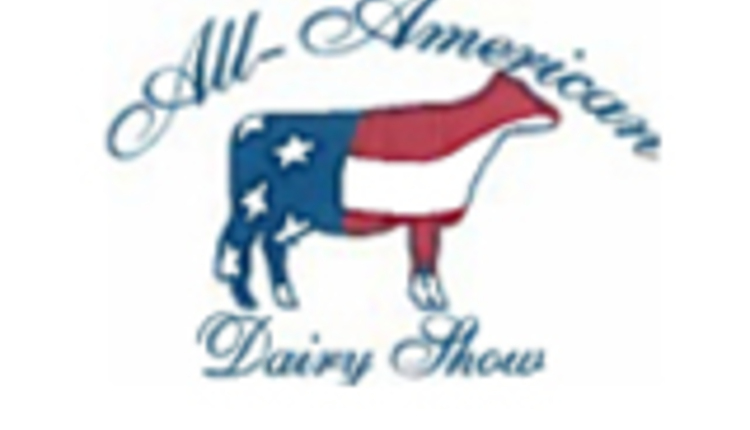Volunteers are a special gift to many organizations and clubs – especially youth organizations. Not all parents have the time to be a soccer coach, club scout leaders or Sunday school teacher. Parents try to see their children receive a solid classroom education, but there is a lot of knowledge to be learned outside a classroom.
That is where volunteers come into play. Some people dedicate a lot of their time to coaching or serving as a group advisor. But, do not forget about the untapped people with tremendous talent and knowledge that current advisors or leaders do not possess. While these untapped individuals may not have a lot of extra time, they may be able to carve some time to work with young people who want to learn.
Oftentimes, 4-H meetings revolve around just judging and showing. The youth dairy project should encompass all facets of the dairy industry. There are people who work within the dairy industry, who cannot donate a significant amount of time to youth but are more than willing to make a presentation to group or explain their career to young people. These individuals could be a veterinarian, a nutritionist, or a hoof trimmer. They each could discuss preventive measures to keep animals healthy and well grown. If youth understand animal health, cattle feeding, and care, they can then apply it to their special fair project, as well as the other animals they work with.
Once they understand a pedigree, they can look through old sale catalogs and choose their pedigree they like best and explain why. And, with so many different philosophies, there are likely to be as many favorite pedigrees as youth. And, that is part of the learning process; there is not one type of pedigree that is best for everyone! If as an advisor, you are not comfortable explaining pedigrees, many of the sales professionals who work for artificial insemination companies have the expertise to talk with your members. Depending on their job responsibilities, they use pedigrees to sell semen, make mating decisions, and even purchase young bulls. My guess is that many of them were active in youth programs, and someone sparked their interest in pedigrees.
So, as youth leaders, we think of what knowledge can be share at our next youth event, and it might come from an invited guest. And, if you are one of those allied industry professionals who would be willing to talk to youth about careers or a dairy topic, consider taking the first step by contacting the local or state leaders to inquire about volunteering a few hours of your time. Remember, everyone's time is valuable; invest it well!








